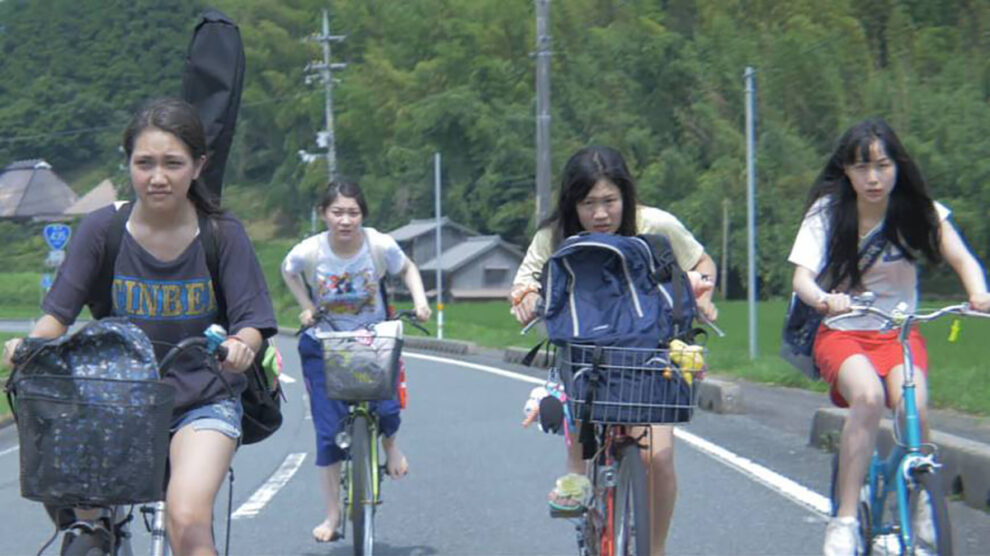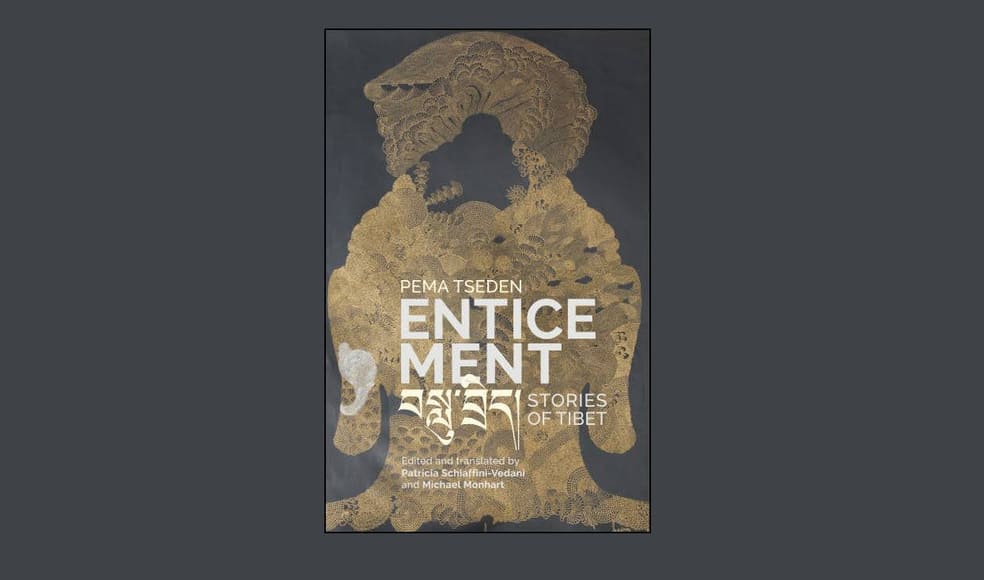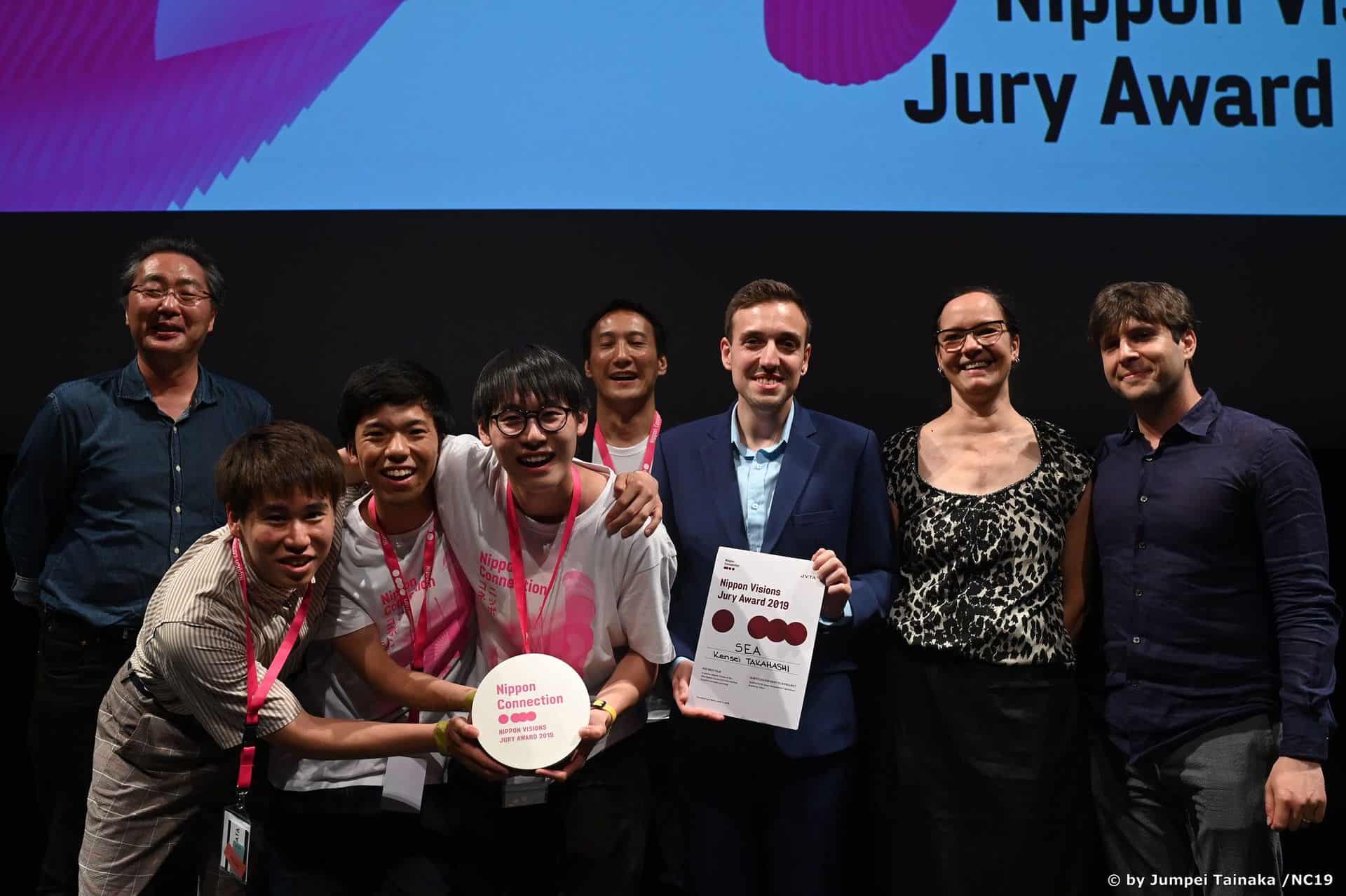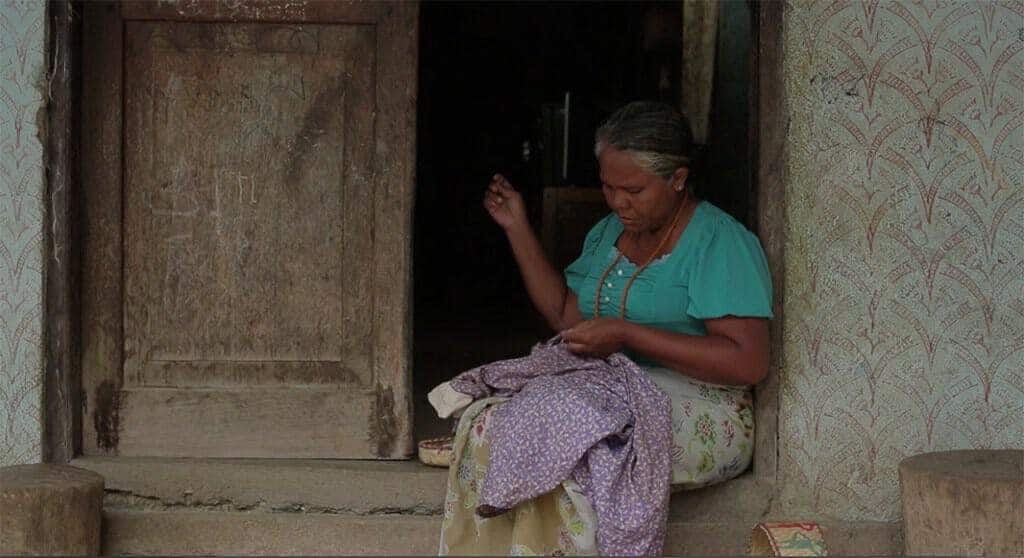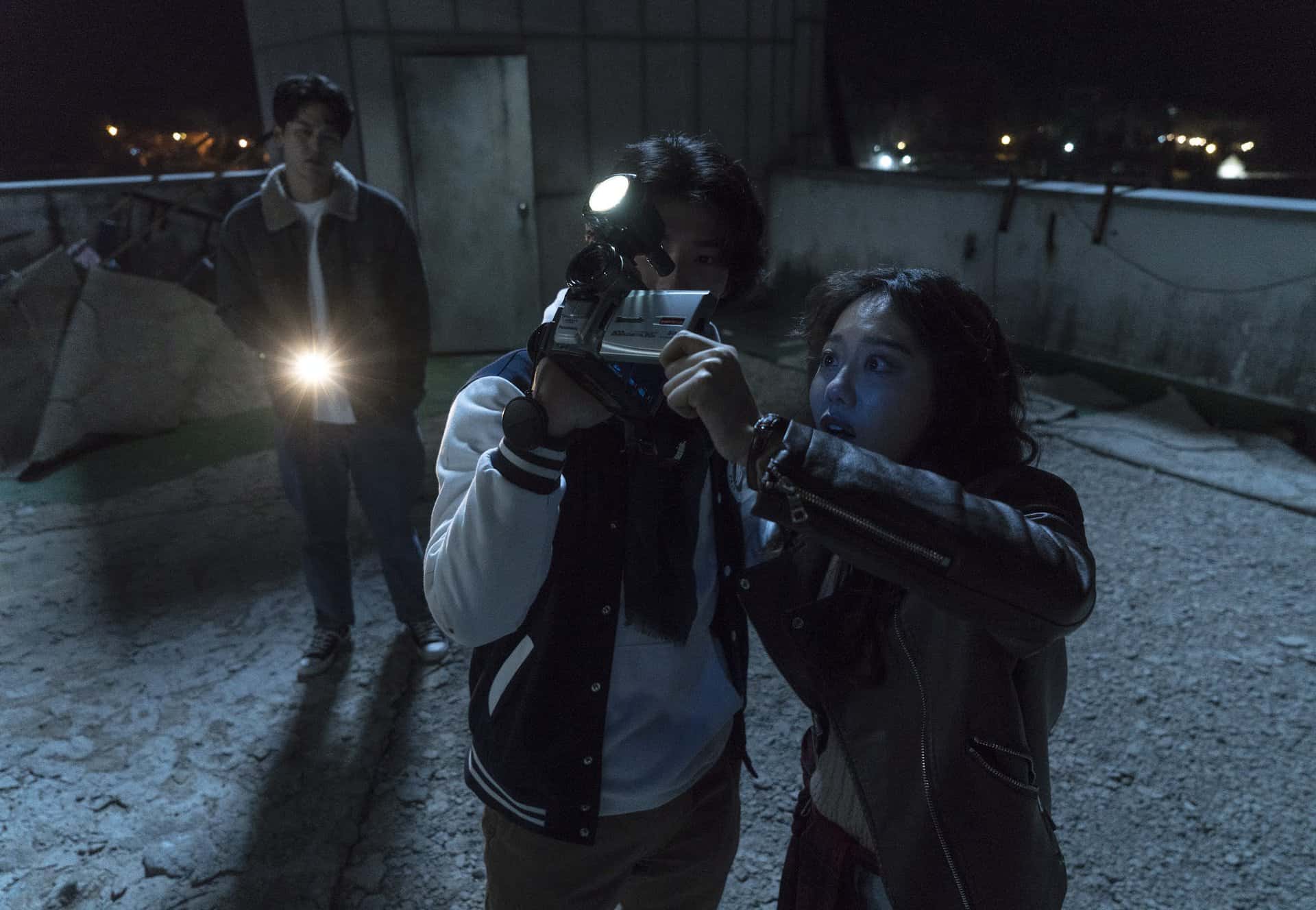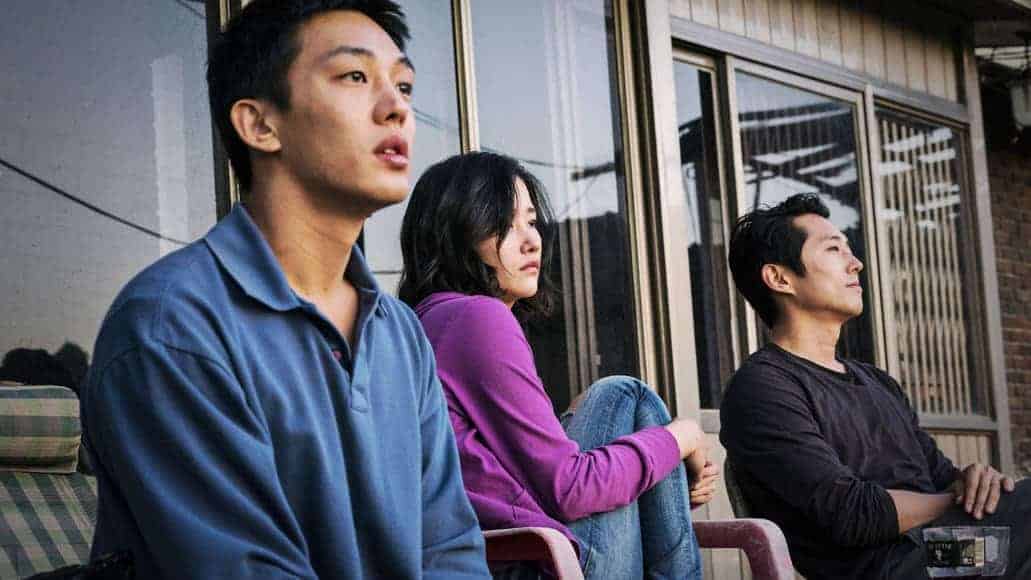Sixth feature film for director Daigo Matsui after his flamboyant debut Afro Tanaka in 2012, “Our Huff and Puff Journey” confirms the director's passion and dedication to stories of love and younghood set in Japan. In this case, a self-filmed road trip of four schoolgirls is another occasion to dig into youth culture.
Our Huff and Puff Journey is screening at Nippon Connection
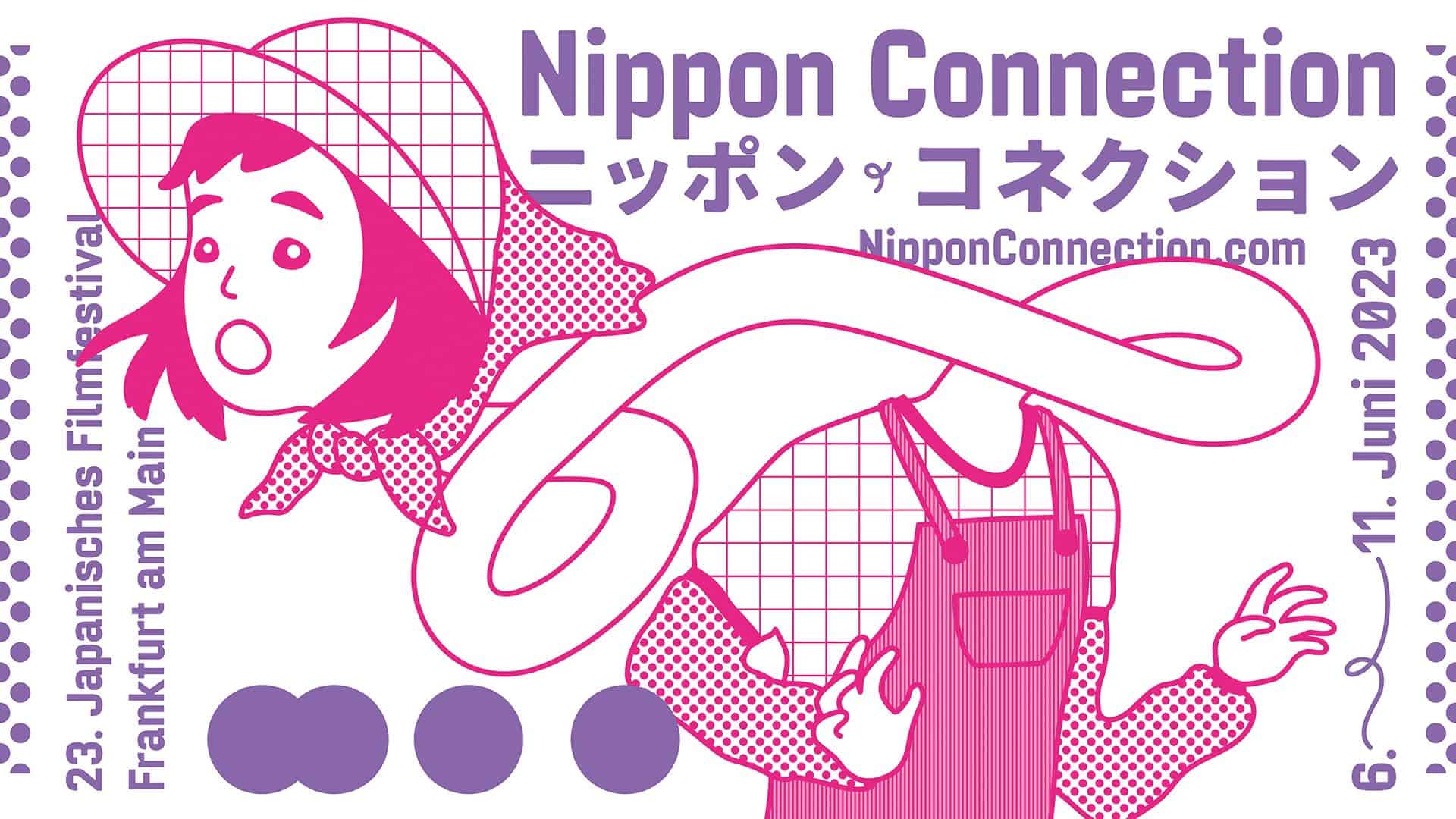
“Our Huff and Puff Journey” is indeed an account of a journey through Japan, having as a final destination a J-pop band concert. Four high school students and friends Ichinose, Chia, Fumiko and Sattsun (Sonoko Inoue, Reika Oozeki, Saku Mayama, Toko Miura and Sosuke Ikematsu) decide to leave their hometown in Fukuoka, the northernmost Prefecture on Japan's Kyushu Island, and travel by bike to Tokyo (around 1,000 Km!!) to see a concert of their favorite band, CreepHyp. The film starts at the cusp of their excitement, just before leaving. The girls feel like their life has just begun and this is the most exciting time; they are so happy to start this adventure together and share the video recordings on social media in real time along the way, that they have naively dismissed any thought about financing the trip and, most of all, how enduring 1,000 km on cruiser bicycles, in school uniform.
Predictably, when they complete (barely) the first short leg of the journey and reach Hiroshima, they face a reality check and realize that the bikes need to go and will have to continue the journey relaying on the kindness of strangers i.e. hitchhiking. The girls are lucky enough to meet decent people and to get encouraged by the buzz on social media that their trip and their videos are causing, but slowly the enthusiasm wears off when the adventure is tainted by the darker ways girls have to use to raise money, by the quick and inevitable rise and fall of social approvals and by some disagreement within the group.
Huffing and puffing, the heroines of Matsui's film are going through an experience that will change them for ever. A bit travelogue, very much a coming-of-age tale, “Our Huff and Puff Journey” follows four well-built characters in a journey that gradually shifts the focus from the destination to the journey itself, delivering an acute observation of the disillusions, the painful path of self-discovery but also the sense of clarity and reinforcement of the positives. In parallel, Matsui has also focused his critique on social media and on the Japanese pop music industry and the sometimes toxic interaction between the two.
One note about this film is that it misses a bit of “jazz”; it lacks the flights of fancy of the previous “Wonderful Word End” or the daring choices of “Just Remembering”, a love story with an imaginative reversed timeline. The topic of schoolgirls on a run has been elaborated many times before and in my opinion this one falls a little bit flat. However, the slightly melancholic end, open to a future of uncertainties is a touch that sets this effort apart from the many similar films. Moreover, a benefit is that “Our Huff and Puff Journey” manages to avoid making critical judgments, especially moral ones; it is stimulating for this very reason and in line with the POV mode of the whole film.
The cinematography is actively engaging, and a big part of the film (as big as maybe three quarters!) is shot POV, as the girls film everything on video camera and upload videos on the internet in real time. If this, on one side, reiterates the feeling that it is narrated entirely from the youth's point of view, on the other one, it can become slightly tiresome and headache-inducing after a while. Fortunately, Matsui doesn't use the handheld-camera technique for the whole film and certainly, this choice makes you enjoy the quiet candid moments when the girls are filmed from a distance, like a discreet fly-on-the-wall. One of these memorable settings is a wide shot of the girls at night in Hiroshima, “camping” in a park and playing the guitar under the light of a lamppost; behind them towers the Hiroshima Peace Memorial, now commonly called the Genbaku Dome or Atomic Bomb Dome, the iconic building that has turned into an international symbol of permanent peace. There is no manifest rhetoric here though, just a group of friends and their refreshing attitude towards the future.
The four actresses in the lead roles deliver solid performances and, in a film that is without doubt character-driven, they all manage to appear very similar at the beginning, in the haze of the exaggerated enthusiasm, but then slowly reveal their true selves and nuances. Toko Miura, who is having her star moment recently in moody and multi-layered roles, stands out as (again) the more troubled and unsettled character of the four.
All in all, Matsui confirms once again his positive attitude towards young people's obsessions and passions and his deep understanding of the matter. It certainly will not let down the fans of Japanese youth films.


